International Relations
Relations across the UK, Europe and globally are frequently changing, and have done so across our history. How these relations are recorded, monitored and treated are discussed in the collection of articles and podcasts here. The very concept of international relations is explored as are when boundaries and discussions between states and groups started to matter. What are the procedures, protocols and outcomes of a world according to the history of international relations are all under scrutiny?
Sort by:
Date (Newest first) | Title A-Z
Show:
All |
Articles |
Podcasts |
Multipage Articles
-
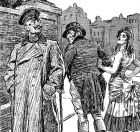
Gary Sheffield: Origins of the First World War
ArticleClick to view -

HA Podcasted History: Ancient Persia
Multipage ArticleClick to view -

Helping Year 9 to engage effectively with ‘other genocides’
ArticleClick to view -

History Teaching in Belarus: Between Europe and Russia
ArticleClick to view -

Imagining cities: exploring historical sites as contested spaces
ArticleClick to view -
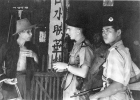
Imperialism resurgent: European attempts to 'recolonise' South East Asia after 1945
ArticleClick to view -
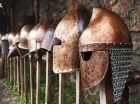
Interpreting Agincourt: KS3 Scheme of Work
ArticleClick to view -

Investigating the Impact of WW1 on your Locality
30th January 2019Click to view -
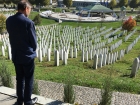
My journey to Bosnia: The Balkans Conflict 22 years on
Multipage ArticleClick to view -
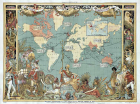
Navigating the ‘imperial history wars’
ArticleClick to view -
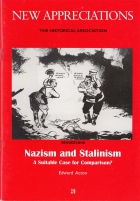
Nazism and Stalinism
ArticleClick to view -

Neville Chamberlain: Villain or Hero?
ArticleClick to view -
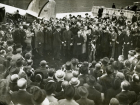
New approaches to teaching the History of Appeasement in the classroom
Multipage ArticleClick to view -
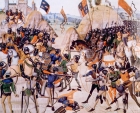
On the campaign trail: walking the Hundred Years War
ArticleClick to view -
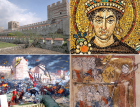
Planning a more diverse and coherent Year 7 curriculum
ArticleClick to view -

Podcast Series: Canadian Confederation
Multipage ArticleClick to view -
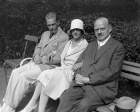
Podcast Series: German History 1918-1948
Multipage ArticleClick to view -
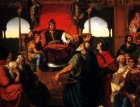
Podcast Series: Goths, Huns and the fall of the Roman Empire
Multipage ArticleClick to view -

Podcast Series: Modern China
Multipage ArticleClick to view -
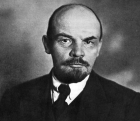
Podcast Series: Russia and the USSR
Multipage ArticleClick to view

